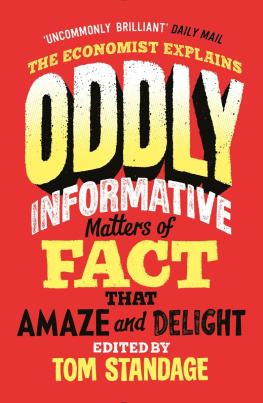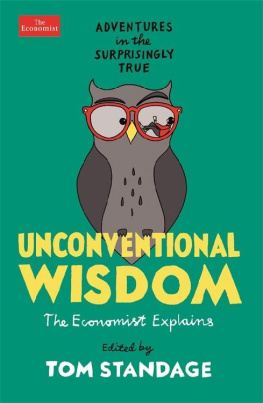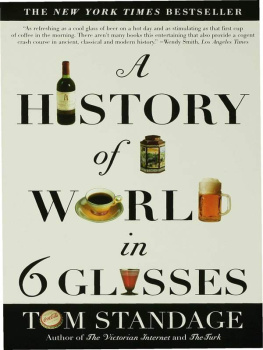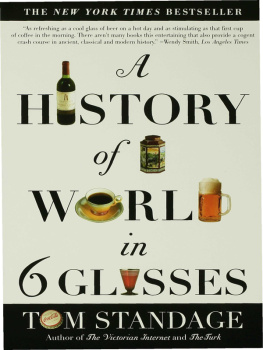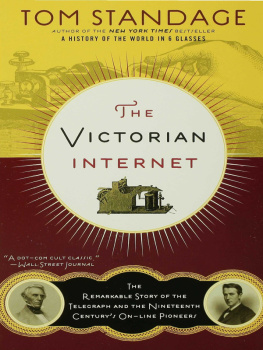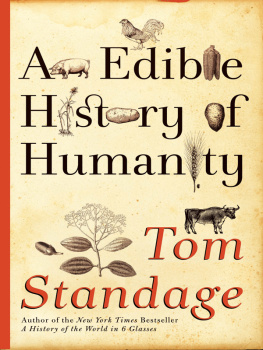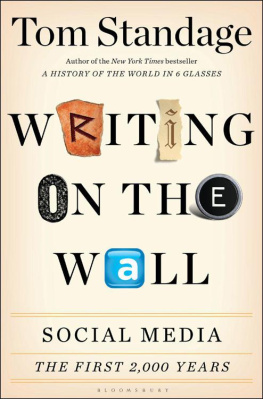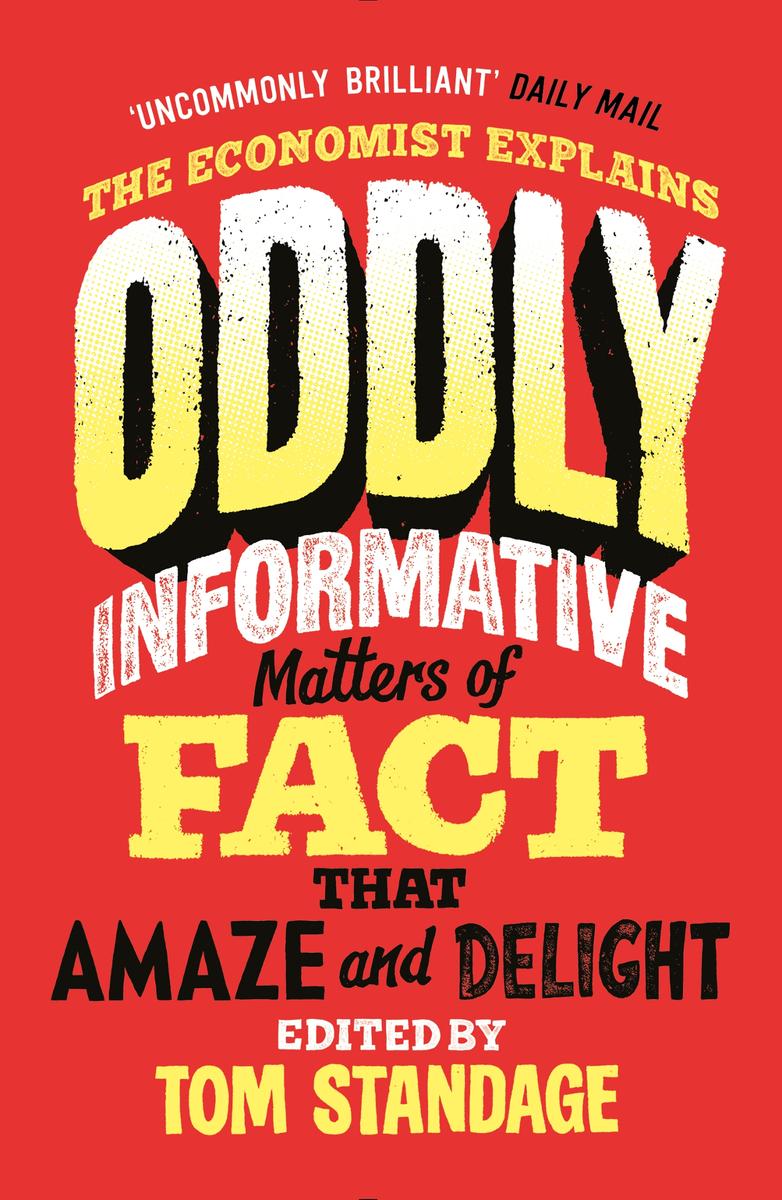Daughters have long been linked with divorce. Several studies conducted in America since the 1980s provide strong evidence that a couples first-born being a girl increases the likelihood that they will subsequently split up. At the time, the researchers involved speculated that this was an expression of son preference, a phenomenon which, in its most extreme form, manifests itself as the selective abortion or infanticide of female offspring.
Work published in 2020 in the Economic Journal, however, debunks that particular idea. In Daughters and Divorce, Jan Kabatek of the University of Melbourne and David Ribar of Georgia State University, in Atlanta, confirm that having a female first-born does indeed increase the risk of that childs parents divorcing, in both America and the Netherlands. But, unlike previous work, their study also looked at the effect of the girls age. It found that daughter-divorce risk emerges only in a first-born girls teenage years. Before they reach the age of 12, daughters are no more linked to couples splitting up than sons are. If fathers were really more likely to take off because they preferred sons, surely they wouldnt wait 13 years to do so, reasons Dr Kabatek. Instead, he argues, the fact that the risk is so age-specific requires a different explanation namely, that parents quarrel more over the upbringing of teenage daughters than of teenage sons.
Taken over the years, the daughter effect, though real, is small. In the Netherlands, for example, by the time their first-born is 18, 20.12% of couples will have divorced if that child is a son, compared with 20.48% if she is a daughter an increase in probability of 1.8%. But in the five years when the first-born is between the ages of 13 and 18, that increase goes up to 5%. And it peaks, at 9%, when the child is 15. In America the figures are roughly double this (but this finding is based on a smaller data set and is therefore less certain).
Anyone who has or has been a teenager knows how turbulent those years can be. Surveys confirm that teenage daughters and fathers, in particular, get on each others nerves. They also show that parents of teenage daughters argue more about parenting than the parents of sons tend to, and that mothers of teenage daughters report significantly more disagreements with their partners over money, and become more open to the idea of divorce. Previous research has also shown that one of the most common things parents fight over is how much they should control their teenagers personal choices, such as how they dress, whom they date and where they work.
In light of all this, it is intriguing to note that Dr Kabatek and Dr Ribar found one type of couple who seem immune to the daughter effect: those in which the father grew up with a sister. Having seen things somewhat from a sisters point of view may, in short, act as a sort of social inoculation.
Sometimes the decision to change a countrys time zone can be political. Despite its vastness, all of China runs on Beijing time a decision taken by Mao Zedong in 1949 to instil unity. (Pity the poor people of Xinjiang province in Chinas far west, where sometimes the sun does not rise until 10am.) For almost three years, until 2018, North Korea existed in its own time zone, half an hour behind its southern neighbour, in keeping with its hermit tendencies. But more often countries fiddle with the time of day for practical reasons. Some 70 countries, mostly in the Americas and Europe, apply daylight saving time during the summer months. But is it necessary?
In the 18th century Benjamin Franklin mooted the idea of moving the clocks forward in the summer. But the practice really took hold during the first world war. Britain, France and Germany calculated that by adding an extra hours daylight in the evening, a saving could be made on coal. This, in turn, would help the war effort. Later, other benefits suggested themselves. It might increase consumer spending, as shoppers are encouraged to stay out later into the evening. It might even reduce crime. As the neer-do-wells adage might go: the longer the daylight, the less I do wrong.
For all that, clock-changing is unpopular. In 2019 the European Parliament voted to end this long-established practice from 2021 though the small matter of a global pandemic, and the refusal of the Council of the European Union to endorse the change, have led to the idea being put on hold indefinitely. When the EU ran a poll among its citizens, it gathered nearly 5m responses. Over 80% wanted time-alternating scrapped, and for good reason. Although it has not been proven conclusively, many scientists think that changing the clocks messes with humans circadian rhythms. It is, says one, akin to injecting a micro-dose of jet lag. This may increase the chances of heart attacks and strokes. It could also be that car accidents increase, as drivers used to commuting in the daylight, for example, suddenly have to do so in the dark (or vice versa). Productivity may go down too. Perhaps most inconvenient for businesses is the fact that countries may change their clocks at different times. That means the time difference between London and New York, say, which is usually five hours, is instead four hours for a few weeks each year, which causes confusion.

